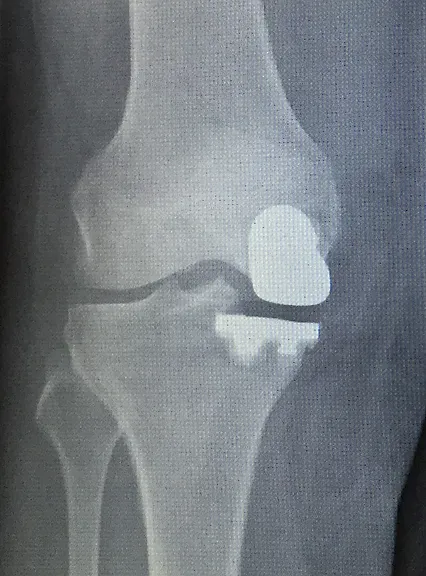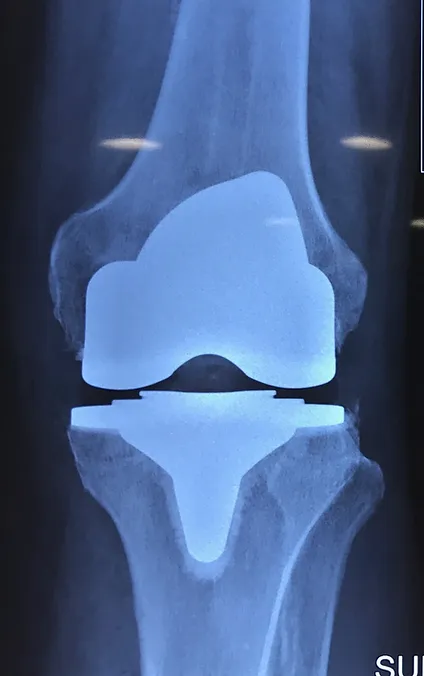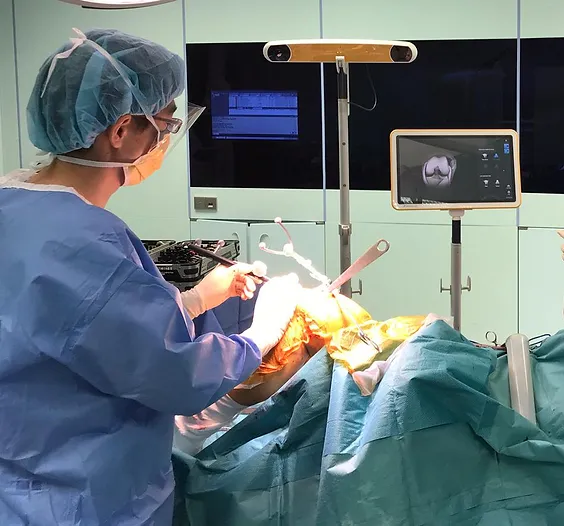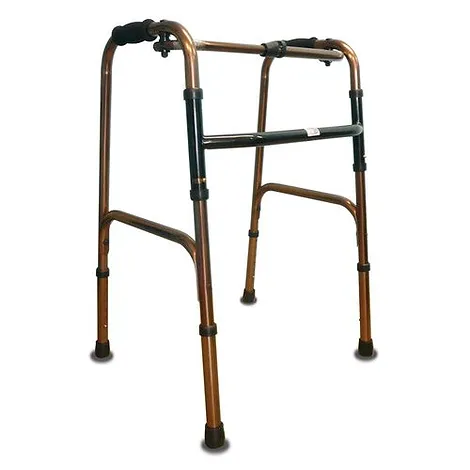
Knee Replacement
Knee Replacement Surgery and
Post-op Arrangements
A Knee Replacement surgery is a procedure to treat pain due to Knee Osteoarthritis. It is a highly successful procedure with patient satisfaction rates of about 95 to 98%.
A knee replacement may be a Total Knee Replacement, or a Partial Knee Replacement, depending on the severity of the condition.
How long does a Knee Replacement last?
Statistics show that modern Knee Replacement implants last 20 years in 85% to 90% of cases. The vast majority of patients will have to undergo this surgery only once in their lifetime.
What are the Implants?
The top component is Cobalt Chrome, the bottom component is Titanium or Cobalt Chrome, and an in-between layer is Polyethylene.
Can I squat after Knee Replacement?
Even though some patients do discover that they can squat after surgery, we will advise you not to squat. This is because squatting puts a lot of pressure on the implants, increasing the risk of implant loosening.
Preparation before surgery
You will undergo blood tests, a Chest Xray, and a heart Electrocardiogram to make sure you are fit for surgery. These tests will be done within one month before surgery, and are done at the hospital.
We will also instruct you on the medications that you should or should not continue before your surgery.
Surgery
On the day of surgery, arrive at the designated hospital at least 2 hours before the surgery time. The actual surgery takes about 1.5 to 2 hours, but patients will be in the Operating Theatre for 3 to 4 hours. This is due to the pre-op preparation and post-op monitoring.
On the day after surgery, physiotherapy can start and the patient can start walking with a Walking Frame. There will be daily physiotherapy while the patient is in hospital.
For Total Knee Replacement, most patients stay about 3 to 4 days in hospital. For Partial Knee Replacement, most patients stay 2 to 3 days.
Recovery
Most patients use the walking frame for the first 2 to 4 weeks and then switch to a walking stick or quad stick thereafter. Patients may use the stick for up to 1.5 months after surgery. Full recovery is about 3 to 6 months.
After surgery, the knee will have a bandage on it, and you would have to prevent it from getting wet. For the first 2 weeks, it is best to shower seated. Also, it is best to have a caretaker for the first 2 weeks after surgery. If you have stairs at home, you should minimise going up and down the stairs.
Step-down Care
For patients with no available caretaker, one option is to discharge to a step-down care facility, ie a nursing/rehabilitative centre. Patients may stay there for about 2 to 3 weeks before going home.
Driving after surgery
If your operated knee is on the left and you drive an automatic car, you should be able to return to driving about 3 weeks after the surgery. If your operated knee is on the right or you drive a manual car, you may need 6 to 7 weeks before returning to driving.

Partial Knee Replacement

Total Knee Replacement

Dr Ang using computer navigation to ensure very accurate implant positioning

Walking Frame
Centurion Orthopaedic Centre
38 Irrawaddy Road
Mt Elizabeth Novena Hospital Specialist Centre #07-40
Singapore 329563









